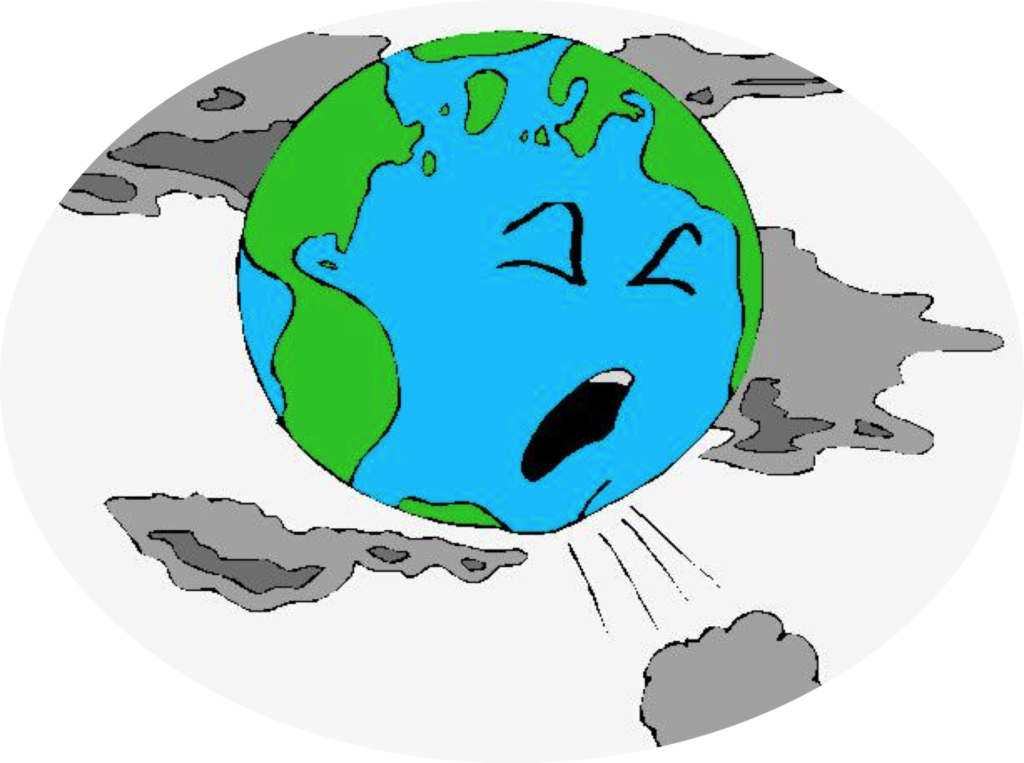When addressing environmental rights, we must ask: How many people know these rights exists? How many people know when their rights have been breached? How many people know what steps to take to ensure their rights are realised?
What are environmental rights?
The environment is the surroundings or conditions in which we live. It is a beach, a forest, a mountain, a valley, a hill side. But it is also the park next to your house where you walk your dog, your child’s bus route to school, and your town centre.
Human rights are the basic rights and freedoms that belong to every single person in the world. They include civil and political rights, such as the right to life or economic and social rights, such as the rights to health, food, and an adequate standard of living. Environmental harm can often interfere with the enjoyment or exercise of human rights. Any damage to the environment that interferes with your enjoyment of these rights is a violation of these rights.
For example, Article 12 of the International Covenant on Economic, Social and Cultural Rights[1] recognises the right to enjoy the highest attainable standard of physical and mental health. But the link between an unhealthy environment and poor individual health is often not realised. In Scotland, we have 38 official Pollution Zones where air quality levels are failing safety standards.[2] There is significant evidence to show the negative impact of air pollution on numerous medical conditions such as heart failure, asthma, obesity and diabetes.[3] It is particularly harmful to children, the elderly, and people living in poverty.
The good news is that the relationship between the environment and human rights is becoming increasingly apparent. Covid-19 in particular has provided a clear demonstration of how the protection and realisation of our fundamental rights depends on a healthy environment. We can use this as motivation to improve the current situation in Scotland.

The current situation in Scotland
The Aarhus Convention 1998[4] is an international treaty on environmental matters which acts as a means to protect and empower citizens. Additionally, the UN[5] have produced a report which strives to meet the same objective by outlining the main human rights obligations relating to the enjoyment of a safe, clean and sustainable environment.
Despite having a separate legal system from England and Wales, Scottish citizens face barriers to public participation in the planning system, poor enforcement of planning and nature conservation law, and lack of access to justice in environmental issues. Clearly, legal enforcement is lacking.
What barriers do we face in securing environmental rights?
Awareness
When addressing environmental rights, we must ask: How many people know these rights exists? How many people know when their rights have been breached? How many people know what steps to take to ensure their rights are realised?
Solution
- There must be a focus on education, access to information and public participation
- We must take pride in protecting the area that we live in
- We must acknowledge that not only is it our right to ensure that the environment is protected from harm but it is our obligation as caretakers of this earth to protect it and ensure that those causing harm are held to account
- People must be made aware of the mechanisms they can use to improve the area in which they live
- There is a disconnect between humans and nature- this must change if we are to make real progress in securing environmental rights
Inaccessibility
Environmental issues are branded as almost exclusively related to climate change, water pollution and deforestation.
Therefore, many people do not realise the environmental harms that happen around them or how these ‘smaller harms’ contribute to the bigger picture.
These ‘bigger’ challenges can seem daunting to tackle and it is often unclear what can be done on an individual level to make a difference.
Moreover, environmental issues have been placed into a scientific bracket making them inaccessible to the general public.
Solution
- Realise that air pollution and lack of access to good quality green space affect your environmental rights
- Empower the individual to address these problems head on
- Take pride in the knowledge that anybody can make a change
- Individuals not only have the right to be involved in planning decisions that affect our environment, but the responsibility also
- Allowing public participation in decision-making may help to spread awareness to the general public and make environmental issues more accessible
How can we use the Environmental Rights Centre for Scotland to facilitate this change?
The mission of ERCS is to assist members of the public and civil society to understand and exercise their rights in environmental law and to protect the environment through public education and advice, assistance and representation to improve public participation.
This means that their focus aligns with Scotland’s international human rights obligations.
We, the public, must utilise the resources and opportunities offered by ERCS to take control, speak up about these injustices that affect us, and act to ensure that those who have the most impact on the environment are held accountable. Individuals need to be armed with the tools at their disposal to make real change. So next time you notice severe air pollution, or a similar environmental harm, remember that you have the power to do something about it.
A Macdonald, 22 years old, from Glasgow
Law graduate of Queen Mary University of London
[1] https://www.ohchr.org/en/professionalinterest/pages/cescr.aspx
[2] https://foe.scot/campaign/air-pollution/
[3] https://foe.scot/campaign/air-pollution/
[4] https://www.unece.org/fileadmin/DAM/env/pp/documents/cep43e.pdf




